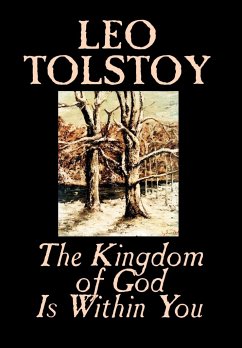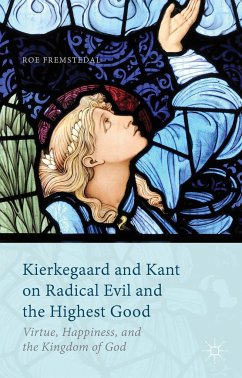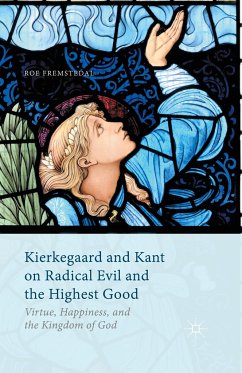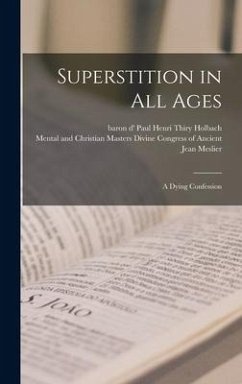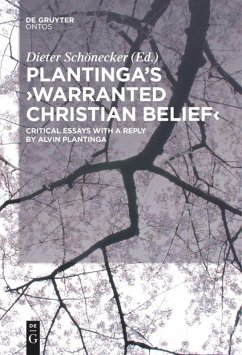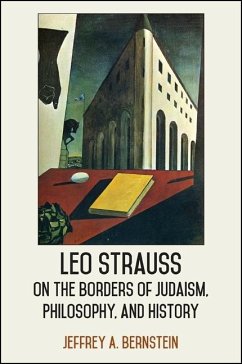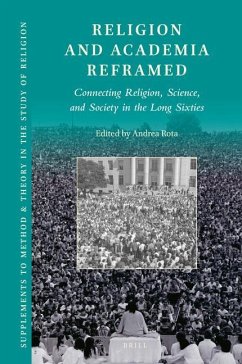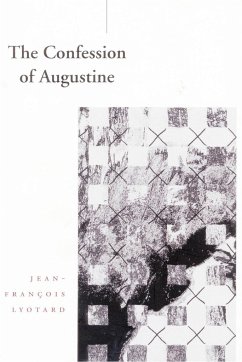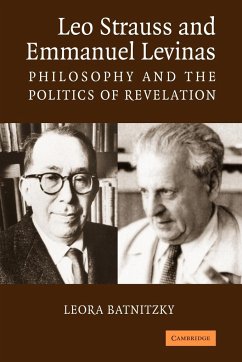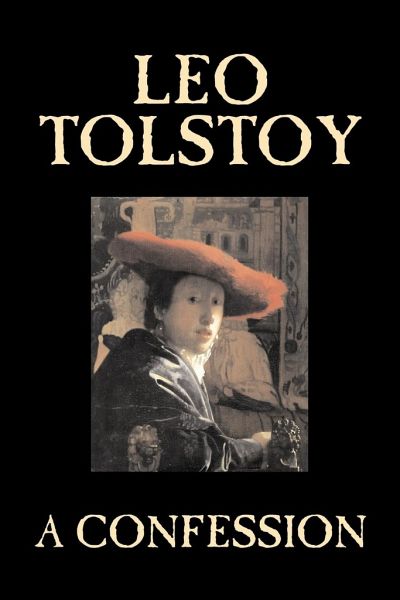
A Confession by Leo Tolstoy, Religion, Christian Theology, Philosophy
Versandkostenfrei!
Versandfertig in 1-2 Wochen
12,99 €
inkl. MwSt.

PAYBACK Punkte
6 °P sammeln!
A Confession -- an essay by Leo Tolstoy on his religious thoughts -- shows the great author in process of looking for answers to profound questions that trouble all who take them on: "What will come of my life?" and "What is the meaning of life?": these are questions whose answers were an absolute requirement for Tolstoy. He reflects on the arc of his philosophical life until then: His childhood abandonment of his Russian orthodox faith; His mastery of strength, will, power, and reason; And how, after he had achieved tremendous financial success and social status, life to him seemed meaningles...
A Confession -- an essay by Leo Tolstoy on his religious thoughts -- shows the great author in process of looking for answers to profound questions that trouble all who take them on: "What will come of my life?" and "What is the meaning of life?": these are questions whose answers were an absolute requirement for Tolstoy. He reflects on the arc of his philosophical life until then: His childhood abandonment of his Russian orthodox faith; His mastery of strength, will, power, and reason; And how, after he had achieved tremendous financial success and social status, life to him seemed meaningless. In the course of the essay, Tolstoy shows different attempts to find answers on the examples of science, philosophy, eastern wisdom and the opinions of his fellow novelists. . . . finding no workable solution in any of these, Tolstoy recognizes the deep religious convictions of ordinary people as containing the key to true answers. A short work on the subject of melancholia, philosophy and religion by the acclaimed Russian novelist Leo Tolstoy. It was written in 1879 to 1880, when Tolstoy was of late-middle age. The first attempt at its publication took place in 1882 (Russkaya Mysl, No 5), but Tolstoy's work was removed virtually from the whole edition of the journal by Orthodox Church censorship. The text was later published in Geneva (1884), in Russia as late as 1906 (Vsemirnyj Vestnik, No 1). Tolstoy's literal interpretation of the ethical teachings of Jesus, centering on the Sermon on the Mount, caused him to become a fervent Christian anarchist and pacifist.



